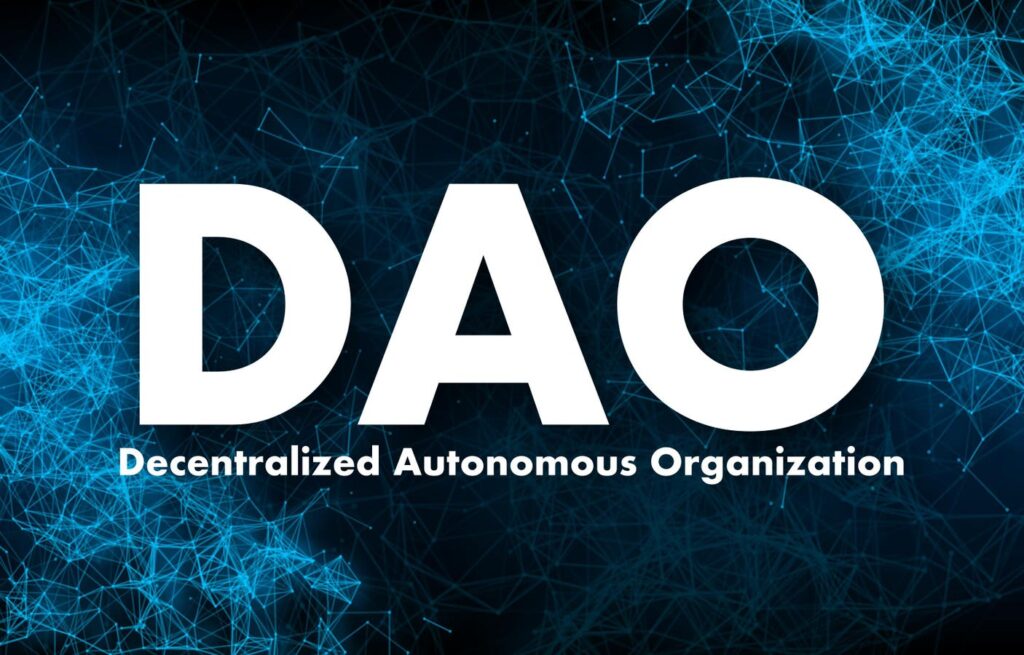n recent years, the evolution of blockchain technology has introduced novel complexities to estate planning, none more so than the emergence of Decentralized Autonomous Organizations—or DAOs—that invest in artwork, NFTs, and physical collectibles. As clients increasingly turn to DAOs to manage high-value assets, estate planners are encountering challenges that straddle both digital and tangible domains, requiring innovative legal and fiduciary solutions.
DAOs first gained prominence during the NFT boom, where groups like FlamingoDAO and PleasrDAO pooled capital to acquire digital art and crypto-native collectibles. Their success inspired a new wave of collective ownership models, many of which now target not only digital tokens but also physical artwork. Particle DAO, for example, famously fractionalized a Banksy painting, while Arkive positioned itself as a decentralized museum, allowing members to vote on acquisitions ranging from fine art to historical artifacts. These efforts demonstrated that DAOs could serve as serious vehicles for curating and preserving cultural value—but they also exposed the gaps in legal frameworks, tax classifications, and inheritance protocols.
Estate planning for these types of assets begins with one fundamental issue: how to define ownership. Because many DAOs are not formal legal entities, it is often unclear whether a member’s interest constitutes equity, a partnership share, or simply an intangible asset. This ambiguity has significant tax implications. If the DAO is treated as a pass-through entity, income and capital gains could be allocated directly to members. If not, the tokens might be considered intangible property, complicating valuation and transfer at death. The fact that federal tax law treats collectibles differently—imposing a capital gains rate of up to 28%—only adds to the complexity when those collectibles are held within a DAO structure.
There is also the matter of control and access. Most DAOs operate through smart contracts and token-based governance. While efficient in theory, these mechanisms can conflict with traditional estate planning tools such as wills and trusts. A fiduciary may be empowered to transfer stock or real estate, but unless they possess the decedent’s private keys, they may be unable to access or manage DAO-held assets. This raises urgent questions about how to store and transfer those keys securely, and how to ensure that designated fiduciaries understand both the technological and legal dimensions of DAO participation.
Moreover, the automation inherent in smart contracts can present additional problems. Some DAOs are programmed to make distributions or sales based on preset governance votes, timelines, or token ownership thresholds. These automated functions may not align with probate court timelines or beneficiary intentions. Without careful integration between smart contracts and estate documents, assets could be distributed in unintended ways—or not at all.
Valuation also presents a unique challenge. Unlike traditional estate assets, which are typically appraised based on the comparison with established market transactions, DAO interests often require a two-layer appraisal process. One must assess the value of the token itself, which may be volatile and subject to market sentiment, as well as the underlying collectible, whose worth may depend on provenance, condition, or cultural significance. Illiquidity adds yet another layer of risk. In many cases, neither the token nor the collectible can be sold quickly without a discount, making it difficult to meet estate tax obligations or execute equal distributions among heirs.
Given these risks, planning structures must evolve. Purpose trusts have become an increasingly useful tool for holding DAO interests, particularly when the client wishes to preserve the integrity of a collection or maintain voting rights over future acquisitions. Grantor Retained Income Trusts (GRITs) can help mitigate estate taxes by freezing the asset’s value while transferring appreciation to the next generation. Charitable Remainder Trusts (CRTs) offer another strategy, especially when the client seeks both philanthropic impact and income for heirs. These structures can defer capital gains and ultimately donate the collectible to a museum or institution that aligns with the client’s values.
Documentation remains essential. Estate plans should clearly define the scope of authority granted to fiduciaries, including the ability to vote on DAO proposals, sell tokens, or initiate liquidation events. Equally important is the maintenance of a comprehensive digital inventory. This should include not only information about the collectible itself—such as appraisals, condition reports, and storage details—but also metadata related to the DAO, including token IDs, governance protocols, and relevant smart contract terms.
Jurisdictional issues further complicate the landscape. While DAOs operate across borders, estate planning remains tethered to the laws of individual states and countries. Advisors must ensure that digital asset planning is compliant with the Revised Uniform Fiduciary Access to Digital Assets Act (RUFADAA), which governs fiduciary access to online accounts and cryptographic keys. Additionally, the high value of many collectibles may trigger anti-money laundering scrutiny during transfers, making it essential to maintain thorough documentation of the asset’s provenance and acquisition history.
Liquidity planning is another essential component. DAO interests are thinly traded. Clients who hold significant portions of their wealth in DAO-governed collectibles should consider supplemental strategies—such as life insurance policies—to cover estate tax liabilities or provide heirs with immediate access to cash, so avoiding selling the DAO interests at a steep discount.
The rise of DAOs in art and collectible investing is reshaping the way families build and transfer wealth. While these entities offer unparalleled opportunities for cultural preservation and community governance, they also demand a rethinking of traditional estate planning tools. For clients seeking to steward their digital and tangible legacies across generations, proactive, coordinated, and technically informed planning is no longer optional, it is essential.
Read the full article here

